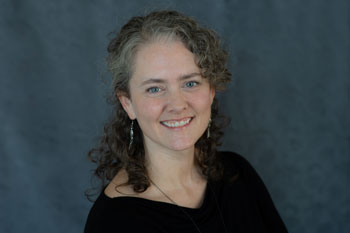
Carrie Oloriz
Carrie has worked as an ecologist and environmental assessment practitioner for almost twenty years. For the last fifteen years her work has focused on Aboriginal issues related to large-scale development and the inclusion of traditional knowledge in environmental planning, assessment and monitoring. Her background includes cultural impact assessment and traditional land use assessments, integrated resource management, and community-based monitoring program design and implementation. Carrie provides support during federal and provincial regulatory review processes, negotiations, and the development of mitigation and off-set plans. With extensive experience conducting interviews, facilitating meetings and community workshops, Carrie is dedicated to participatory methods and collaboration. She has been involved in various aspects of environmental planning for several natural resource sectors including oil sands, conventional oil and gas, electrical energy (transmission and generation), agriculture and Parks/Protected Areas management. Ms. Oloriz has contributed to training and capacity development initiatives and participated numerous consultation programs on behalf of Aboriginal communities, tribal councils, industry and multi-stakeholder organizations.
Carrie’s academic research focuses on the role of traditional knowledge and local management practices in decision-making about the sustainability of culturally significant fish and fishing livelihoods in the Lower Fraser River (British Columbia, Canada) and the Lower Mekong River (Thailand and Laos). This work is part of a larger initiative/research partnership led by the University of Alberta and funded by SSRIHC and entitled “Tracking Change: the role of local knowledge in watershed governance (www.trackingchange.ca)”.